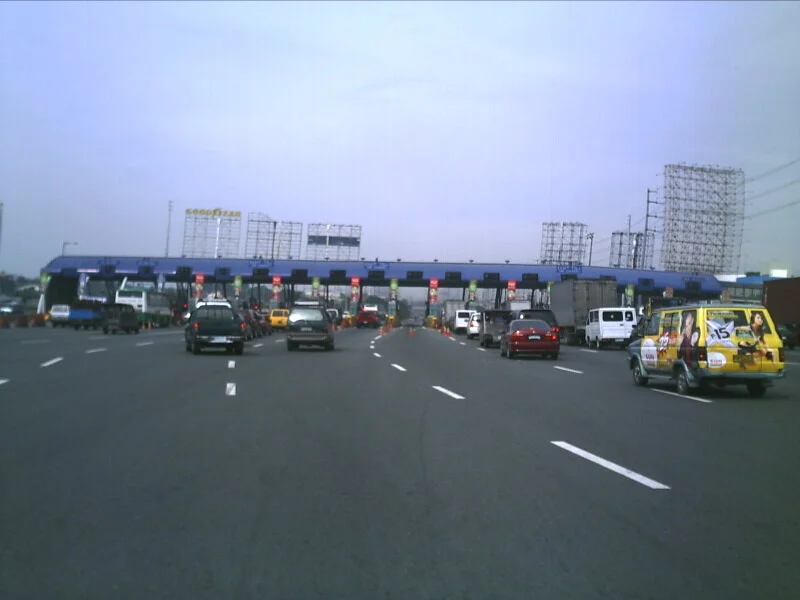With elected officials, the best taxes are those that most people can't see or understand and that can't easily be evaded even by the people who can see and understand them. That's one reason Connecticut Gov. Ned Lamont last week settled on a proposal to impose highway tolls exclusively on trucks. The other reason is that once the toll gantries are in place, they can toll all traffic if trucks-only tolling is found unconstitutional or against federal law.
The governor says his latest toll proposal could raise nearly $200 million a year for transportation infrastructure. People are supposed to think that this revenue will come only from truckers and not ask where the truckers will get the money. Of course, the truckers will get it from raising rates for deliveries throughout Connecticut, thereby raising prices on everything shipped into the state. Most people will pay through intermediaries without realizing that they are paying at all -- politically perfect.
Advocates of this tolling claim that trucks don't pay their "fair share" of taxes while doing most of the damage to Connecticut's highways. But trucks in interstate commerce already pay heavy taxes to all states, including Connecticut, and most of the highway damage in the state is due to its sharply variable climate, not trucks.
But no matter, since the Lamont administration and the Democratic majority in the General Assembly want tolls not for transportation at all but just to avoid economizing in the rest of state government in favor of transportation. Already this year they have diverted transportation fund money to other spending.
Indeed, while the governor was touting tolls again, the University of Connecticut announced that it would raise tuition by 23 percent over five years, almost 5 percent a year. The leader of the state Senate's Republican minority, Len Fasano, of North Haven, groused about this and the university's longstanding failure to control costs, but no one else in authority criticized UConn.
Nobody ever asks a critical question with specifics, like whether the university should raise tuition for ordinary students while continuing to waive tuition for children of the university's own employees, a spectacular fringe benefit worth $14,000 per year per student.
Since most UConn employees are amply compensated quite apart from the tuition waiver, it's unlikely that the university would lose anyone essential if this fringe benefit was withdrawn. But as the total annual cost for an in-state student at UConn surpasses $31,000, increasingly pricing out middle-class kids or burdening them with loans, the public again is just supposed to shut up and pay in the confidence that the university's new president, Thomas C. Katsouleas, and the Board of Trustees are doing all they can to control costs.
Meanwhile Katsouleas is receiving a salary of $525,000 per year with annual fringe benefits worth perhaps another $200,000 and is guaranteed annual raises of 3 percent.
xxx
TEARS OF JOY, THANKLESS WORK: Many eyes were filled with tears of joy two weeks ago as the state Department of Children and Families held its annual Adoption Day at courts throughout the state, placing 70 children with new parents, their natural parents having failed them. The department strives to place such kids with relatives so some family ties can be preserved.
This was a much-needed good-news story. But it shouldn't obscure the difficult, thankless, and unpublicized work the department does every other day of the year coping with the worsening social disintegration elected officials overlook. That so many kids lack decent parents is the cause of the state's worst and most expensive problems.
Chris Powell is a columnist for the Journal Inquirer, in Manchester, Conn.
Chris Powell
8:49 AM (8 hours ago)
to Chris











